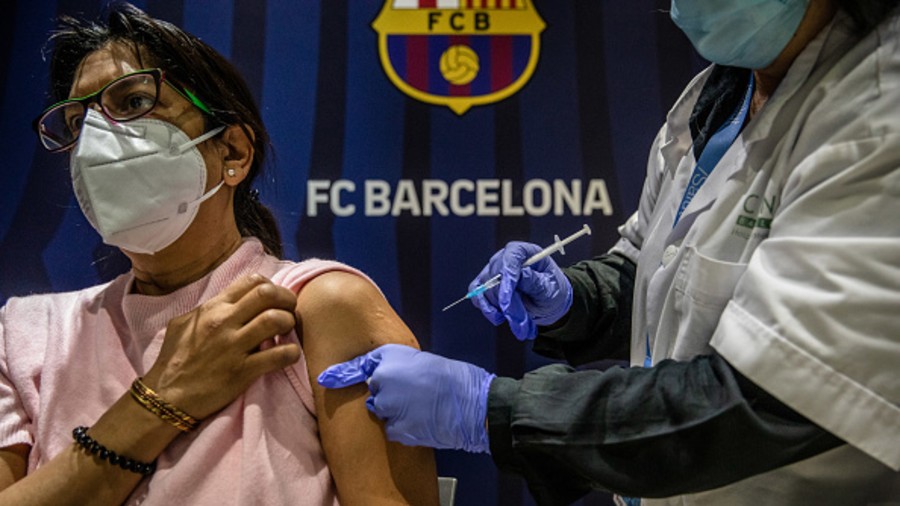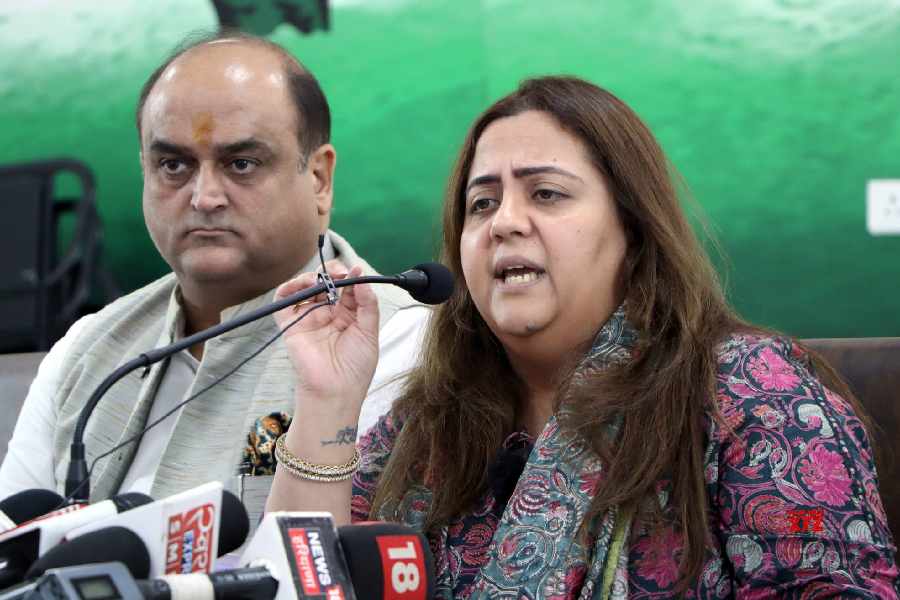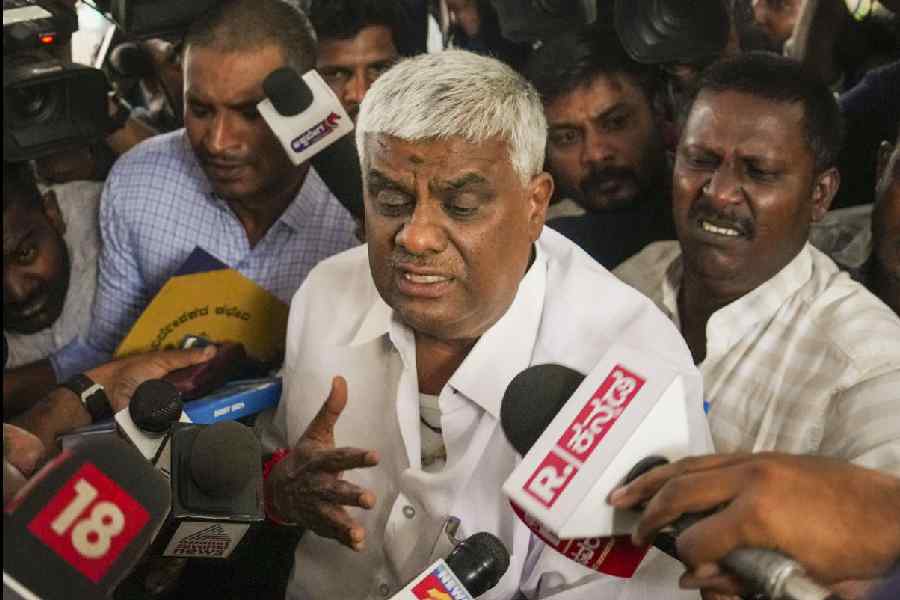Immunity to the coronavirus lasts at least a year, possibly a lifetime, improving over time especially after vaccination, according to two new studies. The findings may help put to rest lingering fears that protection against the virus will be short-lived.
Together, the studies suggest that most people who have recovered from Covid-19 and who were later immunised will not need boosters.
Vaccinated people who were never infected most likely will need the shots, however, as will a minority who were infected but did not produce a robust immune response.
Both reports looked at people who had been exposed to the coronavirus about a year earlier. Cells that retain a memory of the virus persist in the bone marrow and may churn out antibodies whenever needed, according to one of the studies, published on Monday in the journal Nature.
The other study, posted online at BioRxiv, a site for biology research, found that these so-called memory B cells continue to mature and strengthen for at least 12 months after the initial infection.
“The papers are consistent with the growing body of literature that suggests that immunity elicited by infection and vaccination for SARS-CoV-2 appears to be long-lived,” said Scott Hensley, an immunologist at the University of Pennsylvania who was not involved in the research.
The studies may soothe fears that immunity to the virus is transient, as is the case with coronaviruses that cause common colds. But those viruses change significantly every few years, Dr Hensley said. “The reason we get infected with common coronaviruses repetitively throughout life might have much more to do with variation of these viruses rather than immunity,” he said.
In fact, memory B cells produced in response to infection with SARS-CoV-2 and enhanced with vaccination are so potent that they thwart even variants of the virus, negating the need for boosters, according to Michel Nussenzweig, an immunologist at Rockefeller University in New York who led the study on memory maturation.
“People who were infected and get vaccinated really have a terrific response, a terrific set of antibodies, because they continue to evolve their antibodies,” Dr Nussenzweig said. “I expect that they will last for a long time.”
The result may not apply to protection derived from vaccines alone, because immune memory is likely to be organised differently after immunisation, compared with that following natural infection.
That means people who have not had Covid-19 and have been immunised may eventually need a booster shot, Dr Nussenzweig said.
“That’s the kind of thing that we will know very, very soon,” he said.
Upon first encountering a virus, B cells rapidly proliferate and produce antibodies in large amounts. Once the acute infection is resolved, a small number of the cells take up residence in the bone marrow, steadily pumping out modest levels of antibodies.
To look at memory B cells specific to the new coronavirus, researchers led by Ali Ellebedy of Washington University in St Louis analysed blood from 77 people at three-month intervals, starting about a month after their infection with the coronavirus. Only six of the 77 had been hospitalised for Covid-19; the rest had mild symptoms.
Antibody levels in these individuals dropped rapidly four months after infection and continued to decline slowly for months afterward — results that are in line with those from other studies.
Some scientists have interpreted this decrease as a sign of waning immunity, but it is exactly what’s expected, other experts said.
If blood contained high quantities of antibodies to every pathogen the body had ever encountered, it would quickly transform into a thick sludge.
Instead, blood levels of antibodies fall sharply following acute infection, while memory B cells remain quiescent in the bone marrow, ready to take action when needed.
Dr Ellebedy’s team obtained bone marrow samples from 19 people roughly seven months after they had been infected. Fifteen had detectable memory B cells, but four did not, suggesting that some people might carry very few of the cells or none at all.
“It tells me that even if you got infected, it doesn’t mean that you have a super immune response,” Dr Ellebedy said. The findings reinforce the idea that people who have recovered from Covid-19 should be vaccinated, he said.
Five of the participants in Dr Ellebedy’s study donated bone marrow samples seven or eight months after they were initially infected and again four months later. He and his colleagues found that the number of memory B cells remained stable over that time.
The results are noteworthy because it is difficult to get bone marrow samples, said Jennifer Gommerman, an immunologist at the University of Toronto.
A landmark study in 2007 showed that antibodies in theory could survive decades, perhaps even well beyond the average life span, hinting at the long-term presence of memory B cells. But the new study offered a rare proof of their existence.
New York Times News Service










